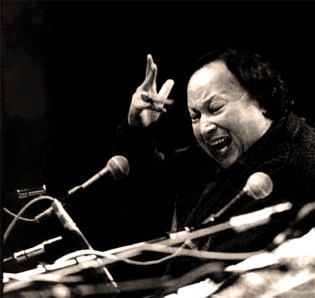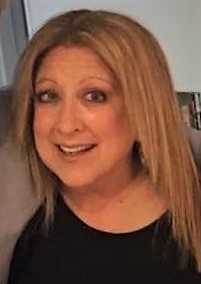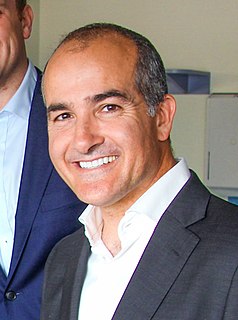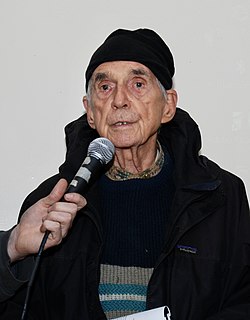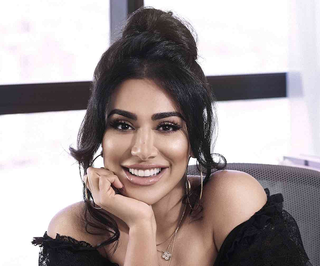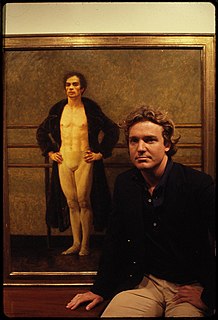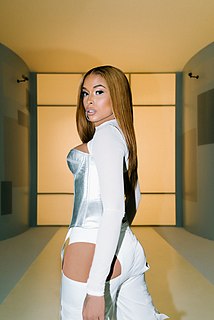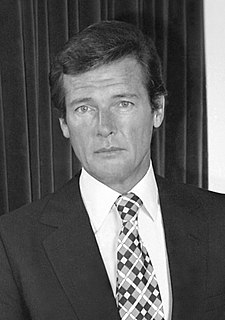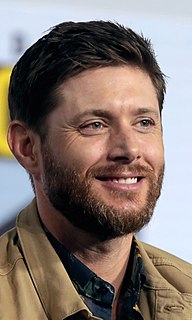A Quote by Nusrat Fateh Ali Khan
My father gave me formal education in raagdari. He died in Lahore in 1964 when I was 13. I was in the tenth year of school, and my father's brother took me into the qawwali ensemble and started giving me formal education in qawwali.
Related Quotes
I get good references from a wide range of music. Something who's been a good influence in the last few years is Qawwali music. If you listen to a Qawwali singer like Aziz Mian - he's like James Brown. Qawwali is like Pakistani gospel-jazz. It's emotional, but it's also improvised, and it's all about that sacred-and-profane tightrope.
As a physician, we are taught that learning and education never stop - they are lifelong. I think education comes in various forms: formal, informal, and most importantly, experiential. All of this defines who we are and gives us if you will our abilities to function as leaders. I believe all of those pieces constitute formal education - it is invaluable to who we are and how well we perform.
My father was born in the year 1900 in South Carolina, and he grew up at a time where being an African-American child in the American South was to be deprived of access to anything close to a reasonable education. He only had three years of formal education, but he was self-taught. He read two newspapers a day.
My formal education as an extension to my college degree in journalism was the time that I spent working with the student newspaper. I would argue that my greatest education occurred by working for the student newspaper. It wasn't necessarily the classroom work that made my formal education special. It was the idea that I had the opportunity to practice it before I went into the real world.
I learned from my mom and dad, who didn't have a formal education but had doctorates of love. They told me that if you gave 110 percent all the time, a lot of beautiful things will happen. I may not always be right, but no one can ever accuse me of not having a genuine love and passion for whatever I do.
My father is an actor, so he brought me into his agency when I was young. It wasn't something I wanted to do until high school, when I started taking theater and really liked it. Then an agent found me and wanted me to come out to Los Angeles and give it a shot. I gave myself six months, but it only took me like a week to get a job.
